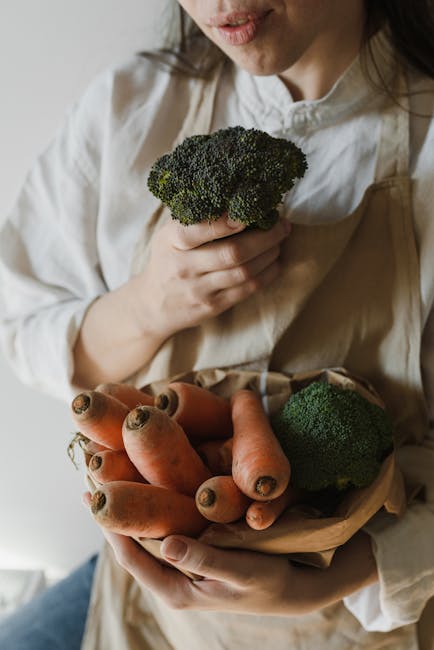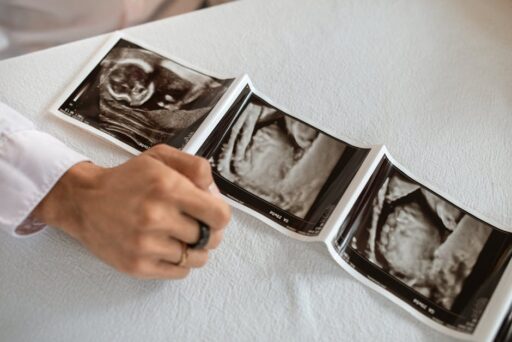Navigating Plant-Based Nutrition During Pregnancy
In recent years, plant-based diets have surged in popularity, driven by health benefits, sustainability concerns, and ethical motivations. For pregnant individuals, this dietary choice can be both healthy and nutritionally adequate with the right planning. This guide explores how to ensure both mom and baby receive essential nutrients when following a vegetarian or vegan diet during pregnancy.
Understanding Plant-Based Diets
Plant-based diets vary widely. Some people choose to avoid meat occasionally, such as with ‘Meatless Mondays,’ while others fully commit to vegetarianism, avoiding all forms of meat. Lacto-vegetarians exclude eggs, ovo-vegetarians avoid dairy, and vegans steer clear of all animal-derived products, including eggs, dairy, gelatin, and honey. Despite these restrictions, there are plentiful options available, including fruits, vegetables, grains, nuts, legumes, meat substitutes, and dairy alternatives.
Key Nutrients to Focus On During Pregnancy
Vitamin B12
Vitamin B12 is crucial for the central nervous system, red blood cell formation, and DNA synthesis. The recommended dietary allowance (RDA) during pregnancy is 2.6 mcg. Since B12 naturally occurs only in animal products, vegetarians and vegans should prioritize B12-fortified foods. Blood tests can help identify deficiencies, which might necessitate higher-dose supplements.
Iron
Pregnancy increases iron requirements. While meat eaters need an RDA of 27 mg, vegetarians require 48.6 mg due to the lower bioavailability of plant-based iron. Iron supplements are often necessary to meet these needs.
Choline
About 90-95% of pregnant women do not consume enough choline, with an RDA of 450 mg. Plant-based sources include soybeans, wheat germ, and kidney beans, but supplements can help meet requirements, supporting liver health and cognitive functions.
Calcium
Calcium is vital, and the RDA is 1,000 mg/day. Vegetarians consuming dairy may meet this easily, but vegans should be mindful of oxalates in certain plants that hinder calcium absorption. Smaller, spaced doses of calcium, alongside vitamin D, are recommended.
Omega-3 Fatty Acids
Omega-3s, including ALA, EPA, and DHA, support fetal development. While 1.4 grams/day of ALA is suggested, conversion to DHA is inefficient. Algae-based DHA supplements could be beneficial after consulting with a healthcare provider.
Folic Acid
Folic acid reduces the risk of neural tube defects. Intake should be 400 mcg/day pre-pregnancy and 600-800 mcg/day during pregnancy, highlighting its importance, especially during National Birth Defects Awareness Month.
Protein
Pregnant individuals need 71 grams of protein per day. Vegetarians and vegans can meet this through foods like yogurt, quinoa, beans, tofu, and soy milk. Consultation with a nutritionist can help address concerns about adequate protein intake.
Conclusion
While pregnancy on a plant-based diet requires careful planning, it can be a healthy choice. Focus on nutrient-rich foods and consider supplements if needed to meet RDAs. For personalized advice, consult a healthcare provider or a specialist like MotherToBaby. With the right approach, plant-based moms and their babies can thrive.




